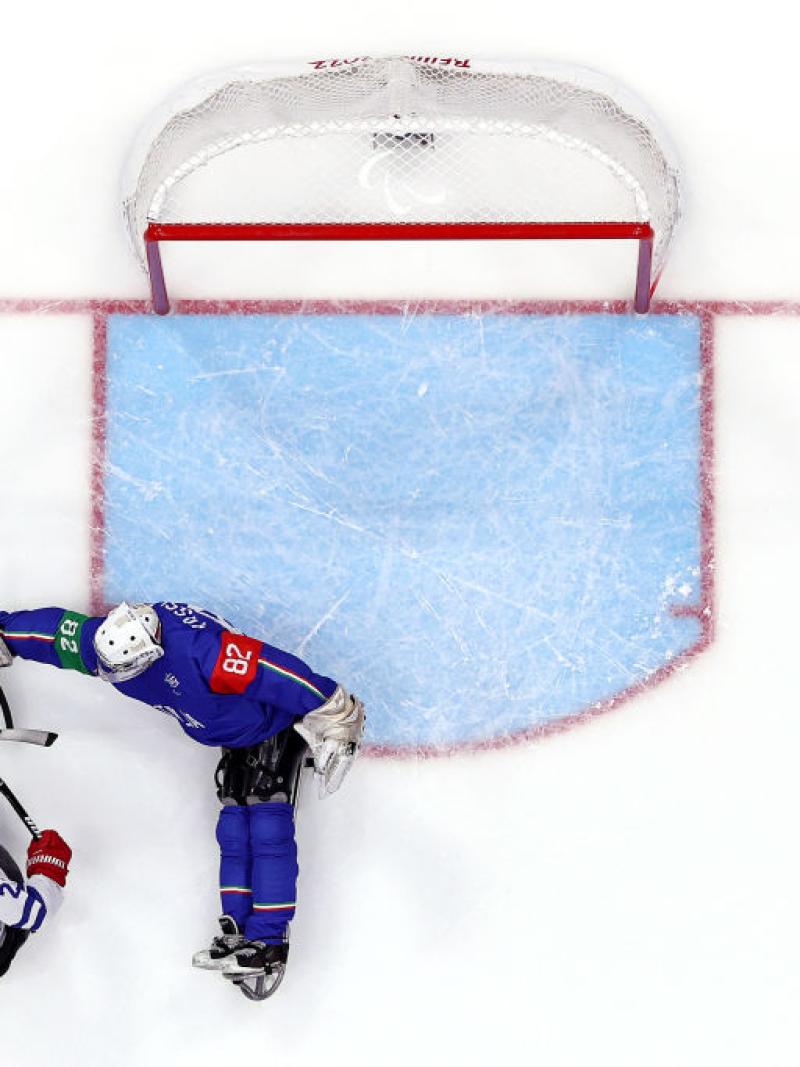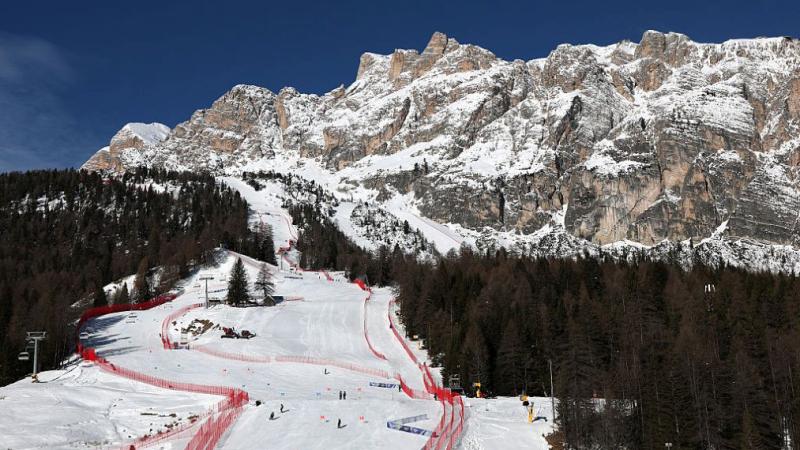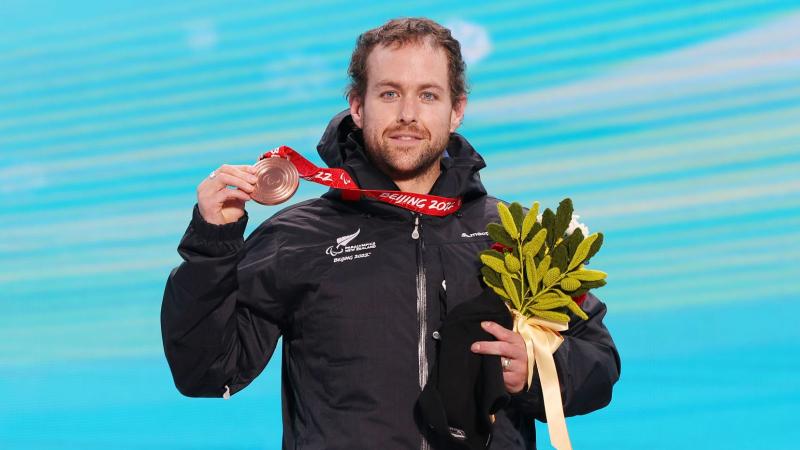PARALYMPIC AND PARA SPORTS NEWS

Milano Cortina 2026: Get to Know Team Germany
Germany will compete in Para ice hockey on the Paralympic stage for only the second time in history and first in 20 years, having previously finished fourth at the 2006 Games — also held in Italy

Milano Cortina 2026: Get to Know Team Slovakia
The Slovaks have had one of the most rapid growth progressions in Para ice hockey, and will now be making its second consecutive Paralympic Winter Games appearance

Markus Salcher prepares for "last dance"
Austrian Para alpine skier Markus Salcher says his fifth Paralympic Winter Games will be his “last dance” as he aims for his eight Paralympic medal

Japan's Fukunishi pushes new ground for women in Para ice hockey
Japanese player set to become the fourth woman to compete in the Para ice hockey open tournament at the Paralympic Winter Games

Milano Cortina 2026: Get to Know Team Japan
Japan enters the Paralympic Winter Games aiming to reestablish itself among the world’s elite in Para ice hockey after missing out on Beijing 2022

Milano Cortina 2026: Get to Know Team Italy
Energized by a passionate home crowd in Milan, the Azzurri will aim to turn preparation and belief into a historic breakthrough performance

Declan Farmer: Para sport is more than just a feel-good story
Declan Farmer, one of the biggest names in Para ice hockey, shares his goals as a leader in the sport

Milano Cortina 2026: Your guide to Team Canada
Meet Team Canada and discover top moments that shaped their journey to Milano Cortina 2026

Allianz celebrates 20 years of partnership with the IPC
Allianz has been the Official Insurer of the Olympic and Paralympic Movements since 2021 and will support all Games editions through 2032

Adam Hall set to come full circles at Milano Cortina 2026
“I haven’t actually drawn it out on a globe, but it would be cool to see what it looks like - it has been a pretty remarkable journey,” New Zealand’s Adam Hall says ahead of his sixth Paralympic Winter Games appearance



